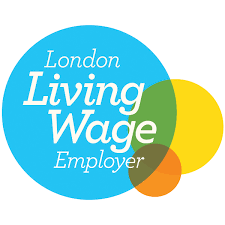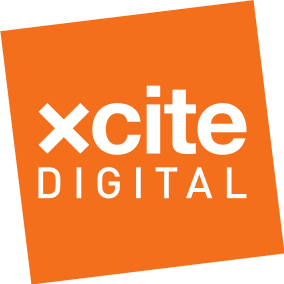
Many small businesses are relying on small business loans to fund tax bills
If you are either running a small business or about to start one then you need to be very clear on the taxes that you will need to pay as a business owner. It is easy to overlook the need to keep on top of your tax situation - and then be faced with huge bills that you weren’t expecting.
According to Funding Options, the value of arrears on corporation tax payments increased by 15% last year, as businesses increasingly struggle to pay their tax bills. Some of these businesses are experiencing cashflow problems due to their own customers delaying payment.
As a business owner, it is critical to understand that “cash is king” and – right from the start - set aside money to meet your tax bills, have a contingency budget and plough profit back into your business to help finance any unexpected costs.
But what taxes does a small business owner have to pay? There are five taxes, as follows:
1. Income tax
If you’re a sole trader, you’ll pay income tax on your business’s profit if it is over the tax-free personal allowance of £11,000. If your business is a limited company, you could pay income tax on any salary or dividends you take from the company - depending on how much you take out.
2. National Insurance
Not a tax as such, but still money that you are obliged to pay to the government. If you are a sole trader you’ll pay a flat weekly rate Class 2 NI, (unless your business’s profits are under the Small Profits Threshold, which is £5,965) and also Class 4 NI once your business’s profits go over £8,060.
Class 4 NI is worked out as a percentage of your business’s profit. If your business is a limited company, and the company’s paying you a salary of £8,060 or more, then it’ll have to deduct Class 1 employee’s NI from your wages and pay that over to HMRC. The company will also have to pay Class 1 employer’s NI to HMRC.
3. Corporation tax
Limited companies pay 20% corporation tax on all their profits 9 months and 1 day after the company’s accounting year end. Sole traders do not pay corporation tax.
4. VAT
All types of businesses that make VATable sales of more than £82,000 a year have to register for VAT. The amount of VAT a business pays or claims back from HM Revenue and Customs (HMRC) is usually the difference between the VAT charged by the business to customers and the VAT the business pays on their own purchases.
5. Business rates
If your business operates from office or retail premises, then you may have to pay business rates; this is like council tax, but for business properties. If you run your business from home, you do not normally have to pay business rates as well as council tax, unless you have staff or customers coming to your home or your property is part business and part domestic.
Looking at the above list it is easy to see how many businesses slide into debt and sometimes do not recover. Many small businesses are turning to alternative methods of finance to manage tax bills. As well as small business loans, these include invoice finance, peer to peer lending and crowdfunding.
It is not nice when HMRC come knocking. For those businesses unable to pay their corporation tax on time, HMRC appear to be using increasingly aggressive methods to recover overdue tax. These methods include late payment penalties, sending debt collectors to premises, and seizing assets.
So what can a small business do to avoid falling behind with taxes and suffering the negative impact of HMRC sanctions? The good news is that some help is now available from the government’s Bank Referral Scheme, which aims to making it easier for small businesses to receive funding.
As our blog, Banks now obliged to phone a friend explains, the way the scheme works is that if a bank rejects an application for small business loans, it is then obliged to refer the applicant to three designated finance platforms. These platforms will then identify potential alternative lenders to provide the small business loan.
At Fair Business Loans, we are proud to be one of the alternative lenders offering funding to businesses coming through the Bank Referral Scheme. We hope that it will be a lifeline to many small businesses and enable them to stay afloat during taxing times.




